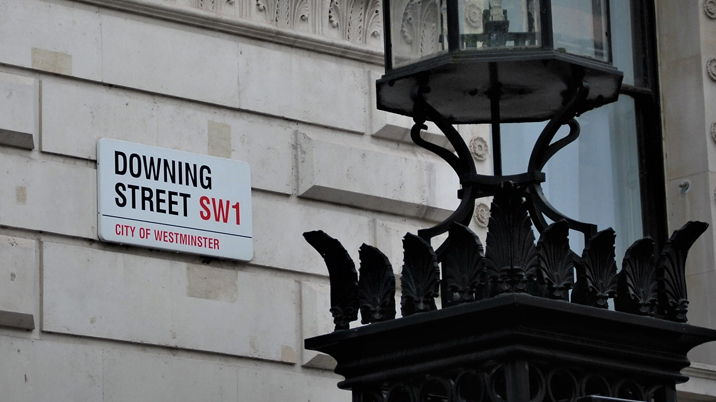
To paraphrase the German philosopher Friedrich Nietzsche, the public’s reaction to Boris Johnson, could well be, “we’re not upset that you lied to us, we’re upset that from now on we can't believe you.”
Trust is at the heart of the whirlwind surrounding the prime minister, and it’s encouraging that our parliamentary processes still set such high store by telling the truth.
In the main, the national press has done a pretty effective job of documenting the shenanigans going on in Downing Street and the discrepancies in Number 10’s accounting of them, even some of those papers normally inclined to support the PM.
This is, of course, entirely as it should be.
For me, ‘partygate’ highlights two things:
- A lie is a lie. Whatever the political leanings of the majority of your readership, lies must always be called out.
- Trust is essential for both good government and effective journalism. Both are built on it and it can take just one transgression to dismantle it. Once lost, it can then take a lifetime to rebuild.
Editors and journalists are only human, but trust can be earned by continually striving to be right even when you get things wrong.
An article entitled ‘Truth in Journalism’ published in ‘Scientific American’ in 1853, puts it well: “No editor is perfect, and no paper can be utterly free from error and mistakes; but where truth is the rule of conduct, although every essential error must do evil, the evil done will be greatly mollified by a stern anxiety always to be right.”
The same could equally be said of politicians who, after all, are only human too.
You can catch James Evelegh’s regular column in the InPubWeekly newsletter, which you can register to receive here.












